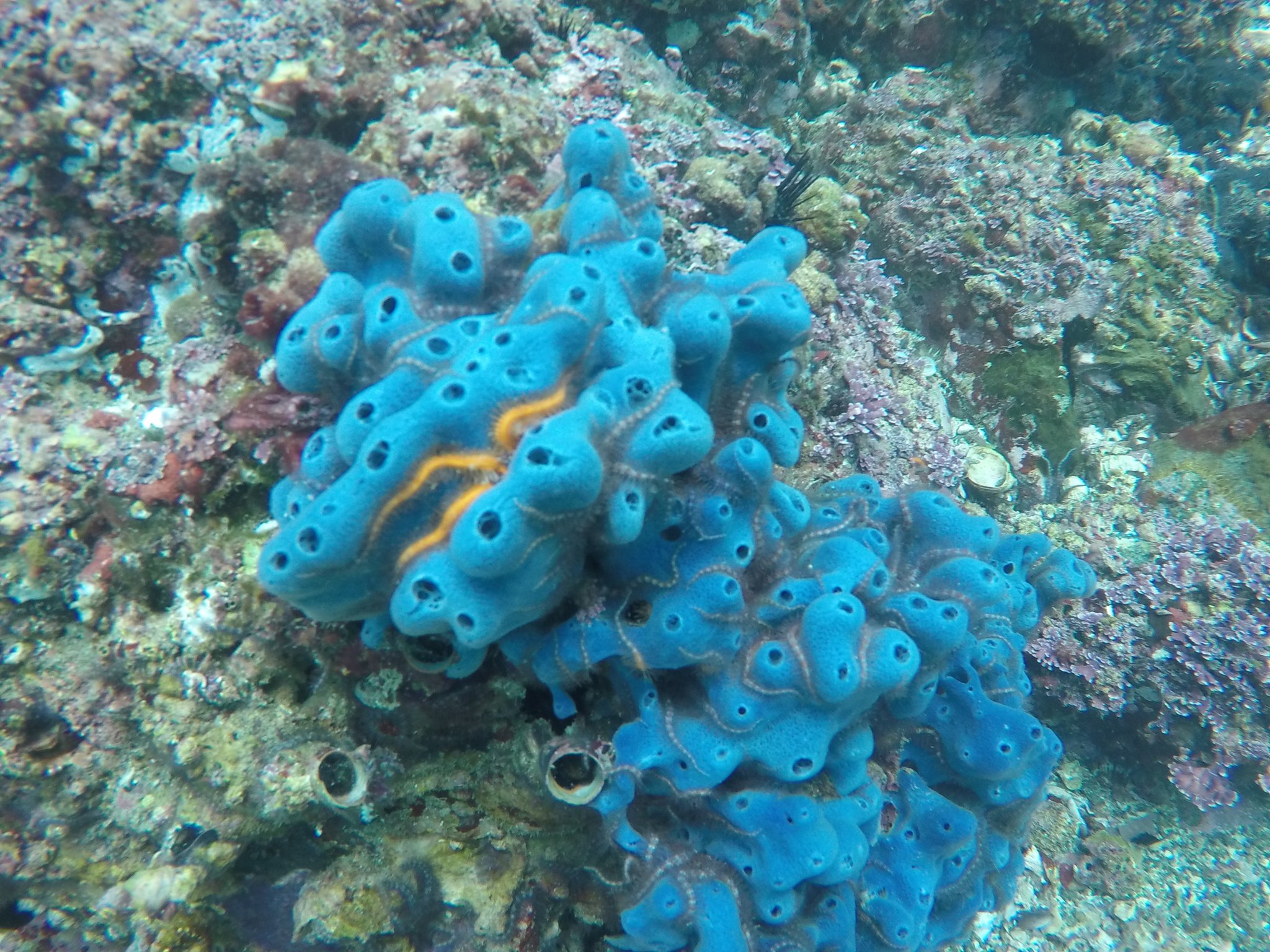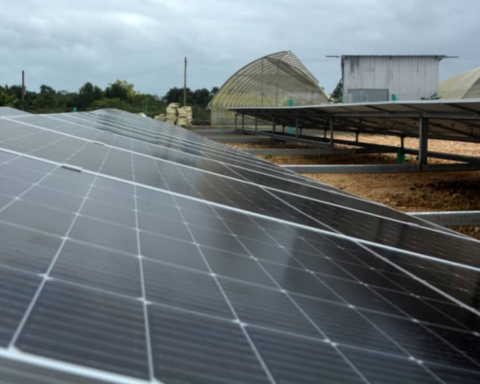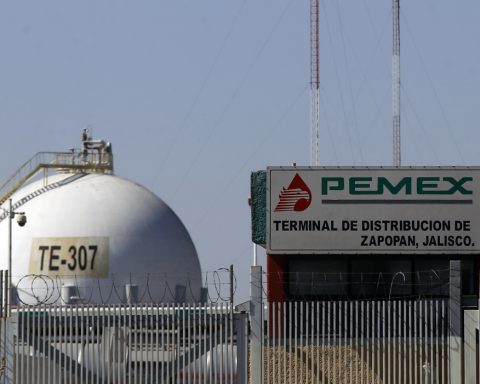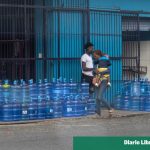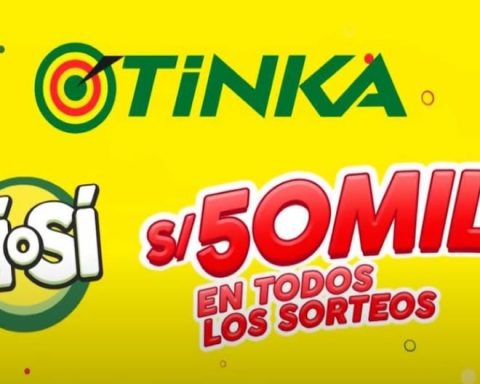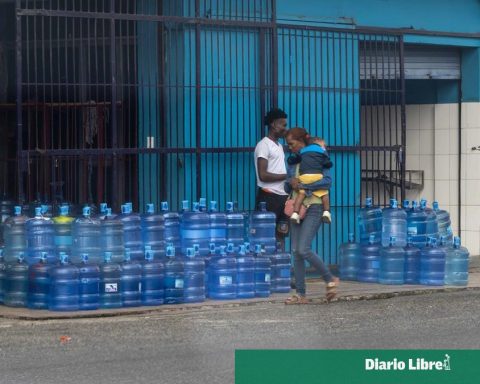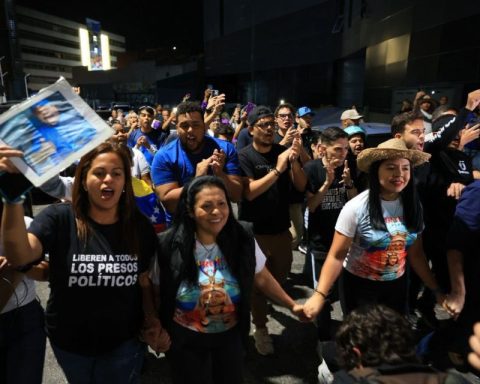The Mexican Dawrin Pech Puch, a marine biologist sponsored by his country and universities in Spain, the United Kingdom, Germany and Portugal, has discovered that molecules from marine sponges found on the coast of the Yucatan Peninsula, southeastern Mexico, are potential drugs to combat diseases such as Alzheimer’s and COVID-19.
“My research focuses on the exploration and search for drugs in various marine species and it turned out that the molecules can also help fight cancer cells and multi-resistant bacteria that are in hospitals,” he tells Martha López-Huanof Eff, the scientist, who is studying a postdoctoral degree at the Autonomous University of Yucatan (UADY).
“The molecules that we isolated from various types of sponges also have anti-inflammatory powers to treat Alzheimer’s and two others turned out to have antiviral potency capable of fighting COVID-19,” he added.
The 30-year-old expert recalled that Mexico is a country rich in biodiversity, “but the coasts of the Yucatan Peninsula have a peculiarity: being surrounded by the waters of the Gulf and the Caribbean, organisms develop skills and strategies to survive.” .
“That is what this research is about: taking advantage of these adaptations of organisms and putting them to use, in this case, the search for new drugs,” says the biotech scientist of Mayan origin.
About marine sponges, which are the main source of his work, he explains that they are primitive aquatic organisms, inhabitants “for millions of years in the marine environment and there are also freshwater environments.”
“These animals that do not have tissue are made up of groups of cells and live at various depths ranging from zero to thousands of meters,” he says.
The researcher regretted that there is no catalog to quantify the species of sponges. “During my research on the coasts of Yucatan, Quintana Roo, and Belize, I worked with 65.”
Pech Puch considered it necessary to design a catalog to know and quantify the sponges, “with that we could create strategies to conserve them and study them more” and said that they take advantage of the molecules “for their own survival and adaptation.” “Sometimes they use their molecules to feed themselves, defend themselves against predators, compete with each other and make their space in the marine ecosystem that is rich in the production of drugs,” he said.
There are currently nine natural products on the market, of marine origin, that are used directly in medicines, including one that was isolated from a conid or mollusk and is considered a drug 20 or 50 times more powerful than morphine. Another example is that of the Pharmamar firm in Spain, which is in phase three of a drug that will serve to treat COVID-19.
Pech Puch’s line of chemical research on marine products allows an approach from the point of view of taxonomy, that is, each of the species has its own molecules and benefits.
In Yucatan, groups of molluscs, conids, and seaweeds are studied, but sponges are little explored, “that is why I decided to investigate them in the Caribbean and Gulf of Mexico, Arrecife Alacranes, Cozumel, and beaches near Belize.”
Once the sponges are collected, a chemical process is followed that consists of obtaining the natural products that are inside the cells of the marine species.
“From a mixture of solvents we manage to break the cells and extract the compounds of interest and continue with an isolation process using chromatological tools that are basically separation strategies to isolate each molecule,” he explained.
In collaboration with the Biomedical Research Institute and the Center for Scientific Research, both from the University of La Coruña, and the Medina Foundation of Spain, a leader in drug discovery from natural products, the scientist from Tixkokob, Yucatán, He said that he will soon announce the results of the new phase of research regarding Alzheimer’s and COVID-19.
Marine #microbiomes: researchers have found new #bacterium species & previously unknown #naturalproducts ????⚛️?https://t.co/OTorqdXTxj pic.twitter.com/NxmIWmtnfQ
— @MARBLES_EU (@MARBLES_EU) July 12, 2022
The National Council for Science and Technology (Conacyt) and universities in Seville, Germany, the United Kingdom and Portugal also participate in the project, “each member of the team forms a perfect gear to unravel the molecular structure of sponges.”
Pech Puch said to Eph that the results of the work are optimal and forceful. “Out of 40 molecules, 10 show antibacterial activity against four multiresistant bacteria, four against adenoviruses, five active against five types of cancer and two powerful drugs against coronavirus.”
He recalled that he is currently in the phase of synthesizing the molecule of the marine natural product and the next step is to evaluate the activity of the drug against the virus.
Martha López-Huan/Efe/OnCuba.
